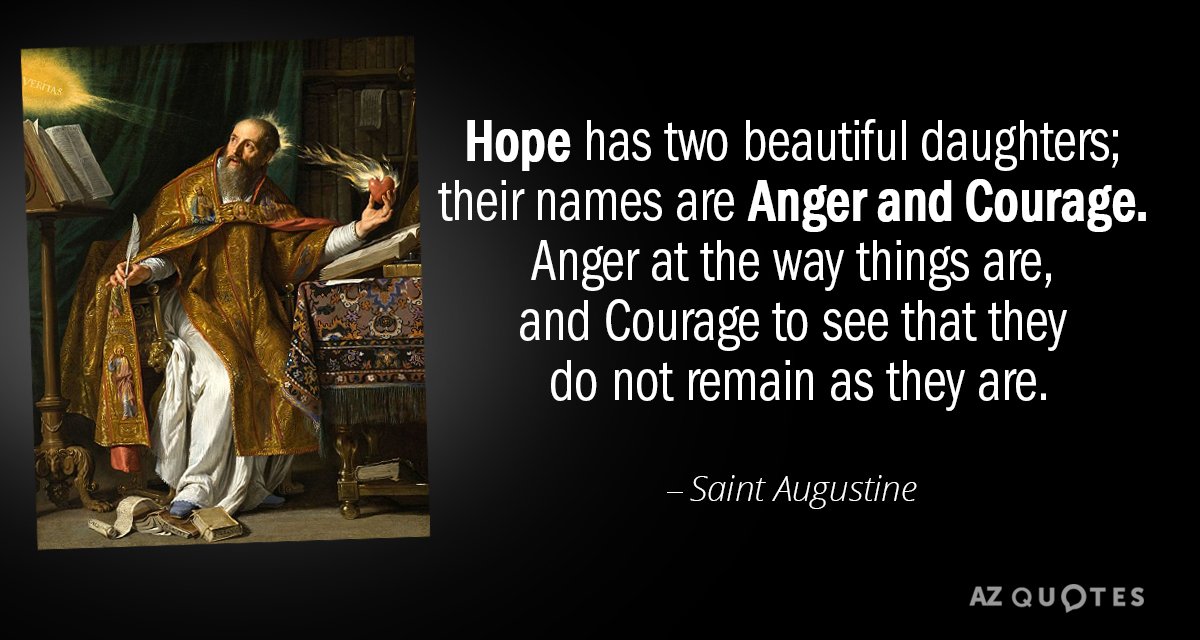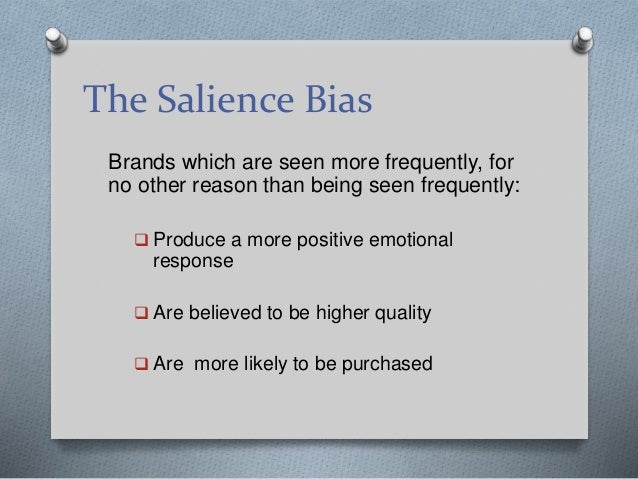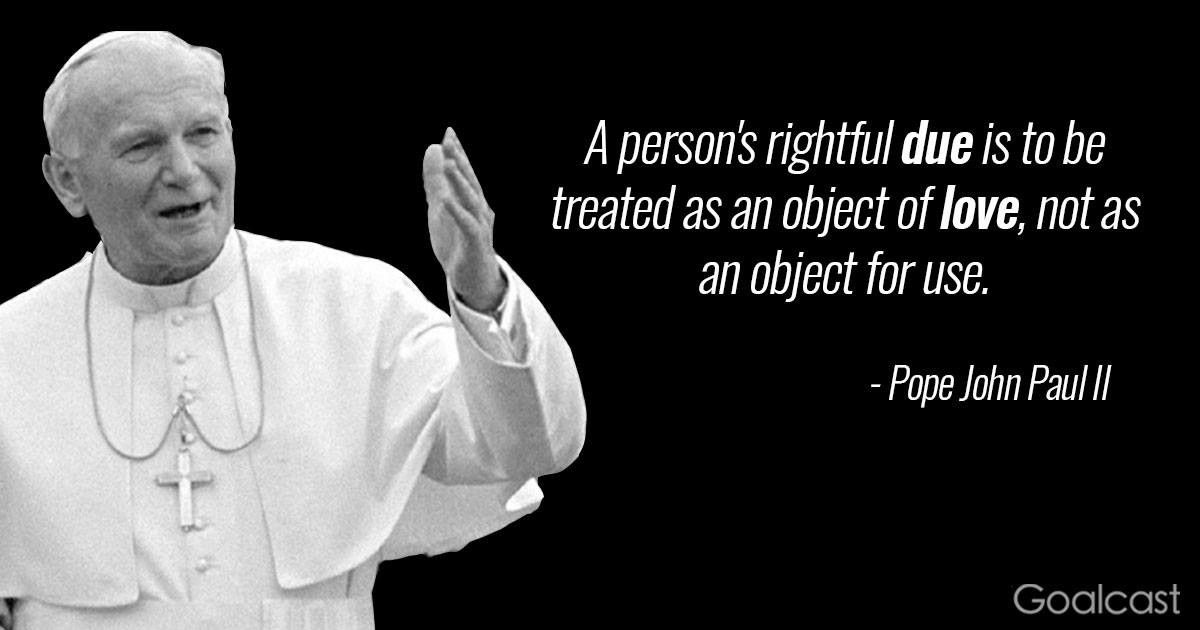Due to the coronavirus outbreak, universities are continuing non-face-to-face classes this semester. A professor writes in the Peace Column of the Catholic Peace Weekly of her feelings on the subject.
Most of the professors and students miss the human bond that they enjoyed in normal classes. The university lecture hall is a space where professors and students experience unseen bonds and empathy and share different thoughts on the same subject. No matter how advanced the technology, there is a limit to what can be transferred in virtual space.
When she asked a student a few days ago about the non-face-to-face class last semester, the answer came back: "I hate it because it's so convenient." Naturally, the question of 'what is the essence of university education?' came to mind.
If you exclude the laboratory work there are quite a few convenient aspects of online lectures. When she first experienced online she was surprised that it was much better than she expected. The technology in cyberspace allows for certain advantages such as hearing again what may have been missed the first time and skipping other sections. The students are relatively free from the restraints of the classroom.
It sounds ironic, but some point out that communication was more active in non-face-to-face lectures. In the classroom, students who were timid and reluctant to speak, actively express their opinions in the online chat window. Some see that the structure of the lecture has improved. This is because, online small talk, temporary silence, off the subject asides are inevitably awkward, professors have to fill their time on subject. All these advantages can be summed up with the concept of efficiency.
By comparison, past lectures were often ineffective. Professors sometimes spent time on subjects that had nothing to do with the topic at hand and bored students with foolish jokes. Some teachers say what they have to say by simply looking around the classroom silently. Students interfere with class by incoherent answers to questions or with overly difficult questions.
However, all these ineffective situations are an aspect of learning. Through glances, gestures, silence, and a bit of gibberish, both professors and students experience communication. We learn that there are things in life that cannot be explained with words and that there are truths that cannot be reached by scrutinizing or analyzing. It is also learned that humans cannot be tailored only by rational standards.
Non-face-to-face classes are here to stay. Some predict that the educational paradigm will change completely. However, as long as universities exist, and as long as humans do not cease to be humans, the essence of face-to-face instruction will remain. She looked through the history books, and couldn't find any examples that pandemics radically changed human nature.
We will eventually realize the preciousness of person-to-person, face-to-face encounters through the coronavirus and find a balance between face-to-face and non-face-to-face classwork, efficiency, and inefficiency. When the relationship between the teacher and student is reduced to the relationship between the content provider and the consumer the university will disappear.




